Democratic Republic Of Congo
On August 2, the Democratic Republic of Congo observed a national day to remember the millions of Congolese killed in the conflicts that have ravaged the country for over three decades.
The official ceremony took place in Kinshasa, at the Genocost Memorial, in the presence of numerous political, cultural, and diaspora figures.
Among them were artists Innos B, Youssoupha, Werrason, and influencer Didi Stone. Organized by the Congolese government and the National Reparations Fund for Victims (FONAREV), the event aimed to highlight the scale of violence committed across the nation's territory.
Long-Awaited Recognition
“This day is so important for the victims,” said Emmanuella Zandi, Deputy Director-General of FONAREV.
“It marks the recognition of atrocious acts, grave violations of international humanitarian law and human rights — acts that constitute war crimes, crimes against humanity, and even genocide.”
The term Genocost refers to economically motivated massacres linked to the illegal exploitation of the DRC’s natural resources, particularly in the eastern provinces.
Several United Nations reports — including the 2010 Mapping Project — suggest that these crimes may qualify as acts of genocide.
During the event, documentaries were screened retracing the atrocities committed since the 1990s.
Several survivors agreed to testify anonymously, with their faces covered for security reasons.
Their stories recounted killings, systematic rape, and forced displacement — endured in near-total global silence.
“When the war started in my village, there were many killings and atrocities. We had to flee to a neighboring village,” said one survivor from Ituri.
A Call for International Justice
In his speech, President Félix Tshisekedi made a plea to the international community.
“If the world still hesitates to recognize this tragedy for what it is — a creeping genocide — we will not wait for others to validate our pain. We are the first witnesses; we will be the first to pursue justice,” Tshisekedi said.
The ceremony ended with the lighting of the Genocost flame, a symbol of remembrance and resistance.




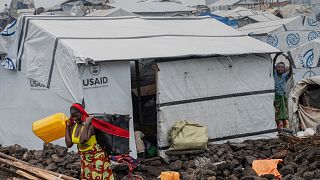
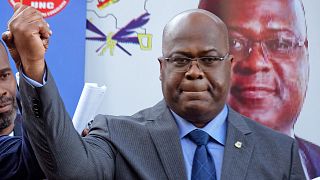
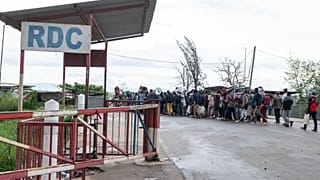
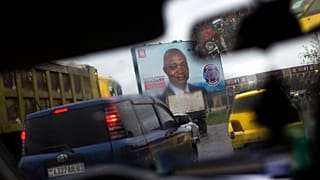
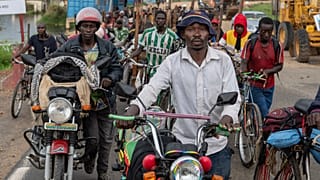


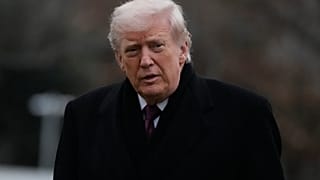
01:14
UN marks 10th anniversary of day of genocide prevention and commemoration
Go to video
Tshisekedi accuses Rwanda of breaking ceasefire within 24 hours
01:15
M23 rebels seize key town in Eastern DRC as civilians flee
00:21
Thousands flee South as fighting intensifies days after DRC and Rwanda recommit to peace deal
02:21
Trump praises leaders of Rwanda and DR Congo as they sign a peace deal
02:06
U.S. brokered Congo–Rwanda deal signed amid ongoing clashes in eastern DRC